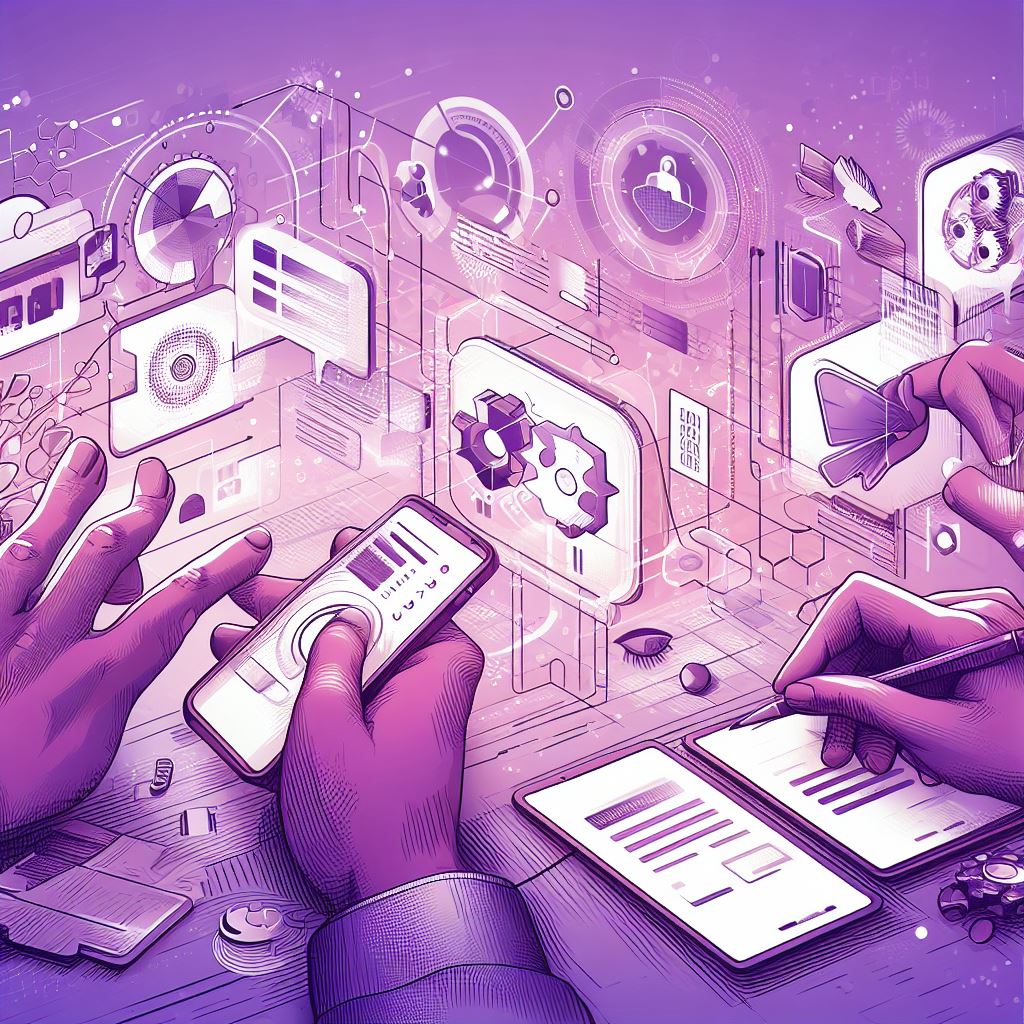Navigating the Landscape: Exploring the Diverse Types of HR Technology
In the dynamic world of HR, technology has emerged as a game-changer, streamlining processes and enhancing overall efficiency. As the HR tech market continues to grow, it’s essential for professionals to understand the different types of HR technology available. Let’s dive into the various tools and platforms that are shaping the future of HR.
1. Human Resource Information Systems (HRIS)
An HRIS is a software solution that combines several essential HR functions into one platform. This includes employee data management, payroll processing, benefits administration, and attendance tracking. With an HRIS, HR professionals can access all employee-related data from a centralized location, making it easier to manage and analyze.
2. Talent Acquisition and Recruitment Software
This type of technology focuses on streamlining the recruitment process. From posting job openings to parsing resumes and managing candidate pipelines, these platforms ensure that the hiring process is efficient and effective. Some advanced systems even incorporate AI-driven tools to match candidates with suitable roles based on their skills and experience.
3. Learning Management Systems (LMS)
An LMS is designed to facilitate employee training and development. Organizations can host courses, track progress, and assess performance all within the platform. With the rise of remote work, many LMS platforms now offer mobile-friendly versions, allowing employees to learn on-the-go.

4. Performance Management Tools
These platforms assist HR professionals in tracking and evaluating employee performance. Features might include goal setting, feedback mechanisms, and performance review cycles. By digitizing this process, it becomes easier to identify areas of improvement and recognize top performers.
5. Employee Engagement Platforms
Engaged employees are often more productive and loyal. These platforms aim to boost morale and engagement by offering tools like employee surveys, feedback loops, and recognition systems. By understanding what drives and motivates their workforce, companies can create a more positive and productive work environment.
6. Compensation Management Software
Determining fair and competitive compensation can be a complex task. This software simplifies the process by analyzing market trends, evaluating job roles, and ensuring that compensation packages align with company goals and industry standards.
7. Benefits Administration Platforms
Managing employee benefits can be a daunting task, especially for large organizations. These platforms help HR professionals track and administer benefits such as health insurance, retirement plans, and paid time off. They also ensure compliance with relevant laws and regulations.
8. Workforce Analytics and Reporting Tools
Data-driven decision-making is crucial in modern HR. These tools gather, analyze, and present HR-related data, offering insights into areas like turnover rates, recruitment metrics, and employee satisfaction. With this information, HR leaders can make informed strategic decisions.
Conclusion
The world of HR technology is vast and ever-evolving. By understanding the different types of platforms available, HR professionals can better equip themselves to navigate the challenges of the modern workplace. As technology continues to shape the HR landscape, staying informed and adaptable will be key to success.








